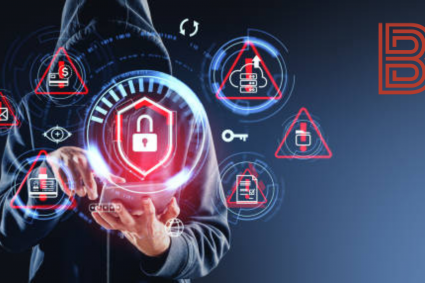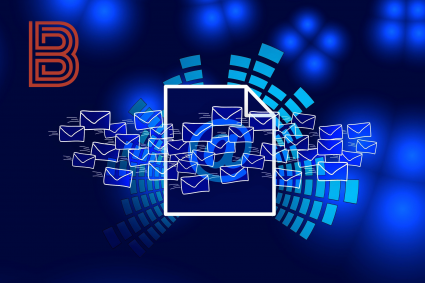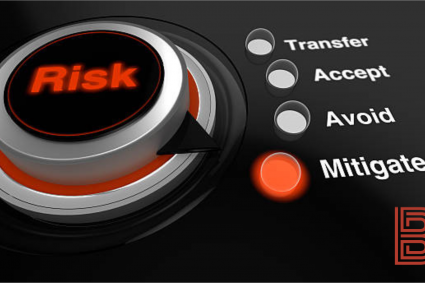
It involves thoroughly assessing the entities with which a company engages, whether they are suppliers, customers, partners, or other stakeholders. This process is essential for identifying potential risks that could arise from these relationships and for implementing strategies to mitigate those risks.
The Importance of Counterparty Due Diligence
In today’s interconnected and complex business environment, the risks associated with counterparties can be significant. These risks include financial instability, legal issues, reputational harm, and operational disruptions. Counterparty due diligence helps organizations understand the financial health, legal standing, business practices, and overall reliability of the entities they deal with. By doing so, companies can make informed decisions that protect their interests and ensure the sustainability of their operations.
Financial Stability and Credit Risk
One of the primary reasons for conducting counterparty due diligence is to assess financial stability. A counterparty’s financial health directly impacts its ability to fulfill contractual obligations. If a supplier is financially unstable, for example, it may fail to deliver goods or services on time, leading to supply chain disruptions. Similarly, if a customer is facing financial difficulties, they may delay payments or default on obligations, creating cash flow problems for the company. Conducting due diligence helps in identifying such risks early, allowing businesses to either avoid risky counterparties or implement safeguards, such as securing collateral or adjusting payment terms.
Legal and Regulatory Compliance
Another critical aspect of counterparty due diligence is ensuring compliance with legal and regulatory requirements. Engaging with counterparties that are non-compliant can expose a company to significant legal risks, including fines, sanctions, and litigation. For instance, doing business with entities that have been sanctioned by governments or are involved in illegal activities can lead to severe penalties and damage a company’s reputation. Due diligence processes typically include checks on a counterparty’s legal status, ownership structure, and any history of regulatory violations, helping companies avoid entanglements with high-risk entities.
Reputational Risk
Reputational risk is another crucial consideration in counterparty due diligence. A company’s reputation can be significantly affected by the actions of its business partners. If a counterparty is involved in unethical practices, such as human rights violations, environmental damage, or corruption, it can lead to negative publicity and loss of customer trust. By conducting thorough due diligence, companies can assess the ethical standards and corporate governance practices of their counterparties, helping to ensure alignment with their own values and protecting their brand image.
Operational Risk
Operational risks, such as disruptions in supply chains or service delivery, are also a key concern in counterparty due diligence. Understanding a counterparty’s operational capabilities, including their ability to manage risks, maintain quality, and meet deadlines, is crucial for ensuring smooth business operations. Due diligence processes often involve evaluating a counterparty’s operational history, infrastructure, and risk management practices. This information is vital for assessing whether a counterparty can reliably meet its obligations, thereby reducing the risk of operational disruptions.
Mitigating Risks Through Effective Due Diligence
To effectively mitigate risks, counterparty due diligence should be a continuous process rather than a one-time activity. Regular monitoring of counterparties helps to identify emerging risks and address them proactively. In addition, due diligence should be tailored to the specific nature of the relationship and the level of risk involved. For high-risk counterparties, more in-depth assessments and ongoing monitoring are necessary.
Technology also plays a crucial role in enhancing due diligence efforts. Advanced data analytics, artificial intelligence, and machine learning can help companies analyze vast amounts of information about counterparties, identify patterns of risk, and make more informed decisions. These tools can also automate parts of the due diligence process, making it more efficient and reducing the likelihood of human error.
Counterparty due diligence is essential for risk mitigation in any business relationship. By thoroughly assessing the financial, legal, reputational, and operational risks associated with counterparties, companies can make informed decisions that protect their interests and ensure long-term success. In an increasingly complex and globalized business environment, robust due diligence practices are not just a best practice—they are a necessity for sustainable and responsible business operations.




















